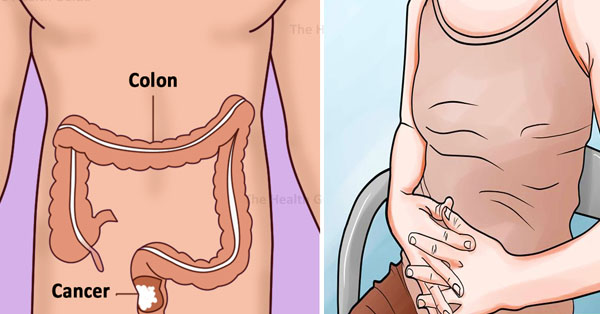Statistically speaking, colon cancer is one of the most common types of cancer. Approximately 45,000 individuals are diagnosed annually, whereas more than 3000 die. The major cause of this type of cancer hasn’t yet been discovered. Some of the contributing factors are genetics, environment, diet, and lifestyle choices.
The risk of colon cancer increases if an individual’s diet is rich in red meat, animal fat or if the person is smokers, obese, overweight, drinking too much alcohol, and isn’t physically active. In most of the cases, the disease develops gradually without any signs. Once the symptoms appear, unluckily, the disease is already in its advanced phase.
The most common symptoms are the following:
- Blood in the stool
- Stomach ache
- Anemia
- Unexplained eight loss
- Changes in bowel movements.
Early diagnosis of the disease includes examination of healthy individuals without any symptoms to look for potential changes, usually polyps that point out to early stages of cancer.
Polyps are growths inside the intestines. Their early detection and adequate removal prevents the formation of cancer. One early examination is the testing of stool samples for the presence of blood, which is invisible to the naked eye. It’s recommendable that people between the age of 50 and 74 do these tests on a regular basis.
However, positive results don’t always mean cancer. After these tests, colonoscopy is the next step. It shows the reason for the blood in the stool, polyps, malignant disease, etc. If the results are negative, another testing should be done in 2 years.
Source: thehealthguide






0 Comments